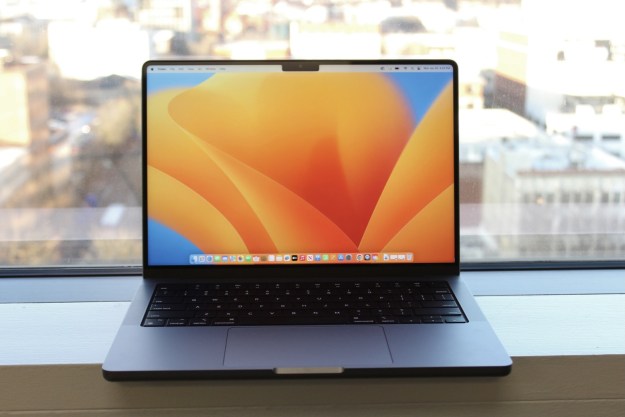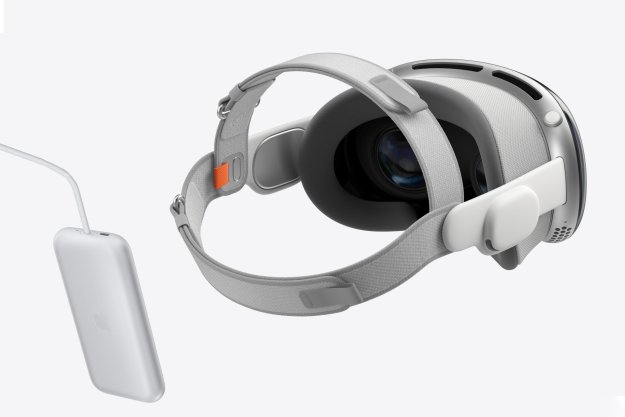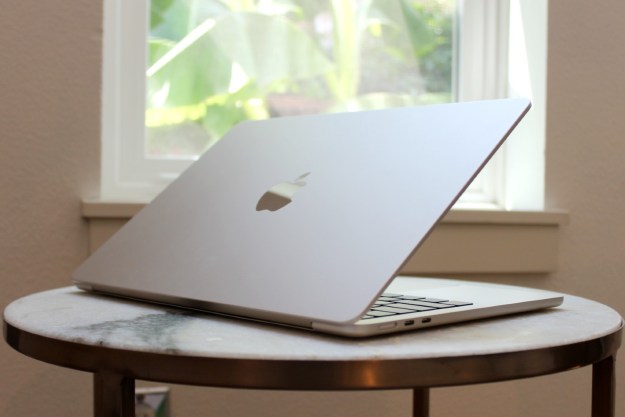On Friday, Apple announced that it would be replacing the batteries of select 13-inch MacBook Pros after it was determined that a component was causing some of the batteries to swell.
Apple said that the flaw, which only affects MacBook Pros without touch bars, was not a safety issue. The Cupertino company did not give any numbers regarding how many MacBook Pros were affected, but said that these units were produced between October 2016 and October 2017.
Eligibility for the replacement program will be determined by the MacBook’s serial number. To figure out whether your device is eligible, simply head over to Apple’s support page and enter your computer’s serial number in the provided field.
Apple’s website says that eligible users who have already paid for a replacement battery can contact support to request a refund.
Beyond that, there are a couple of details to keep in mind regarding this offer. This program will not extend the standard warranty coverage of the MacBook Pro, and the offer is only good for five years after the first retail sale of the unit. Perhaps the most important thing note is that if there is any damage to your device that would prevent Apple from replacing your MacBook’s battery, Apple will first have to fix that issue, and may charge an additional service fee.
This is hardly the first battery-related problem that Apple has had to deal with. Earlier this month, it was reported that battery swelling issues were occurring on some models of the Apple Watch Series 2. As with the MacBook Pros, Apple offered a free replacement plan for those batteries.
Perhaps the most controversial battery-related issue Apple has faced has been the slow-downs surrounding older models of the iPhone 6, 6s, and iPhone SE. Last December, Apple confirmed that in order preserve the battery life of older iPhones, it would slow down the devices’ performance. The company faced a public outcry over this and eventually offered to replace the battery of any of the eligible devices for $25. The company will do a standard battery check upon receiving the phones, but the price remains the same regardless of the battery’s quality.
Editors' Recommendations
- The XPS 16 is fighting an uphill battle against the MacBook Pro
- A new wave of powerful laptops rises to challenge the MacBook Pro
- If you buy one MacBook Air alternative, make it this one
- I’m worried about the MacBook’s next big rival
- The case for buying the M2 MacBook Air over the M3 model


